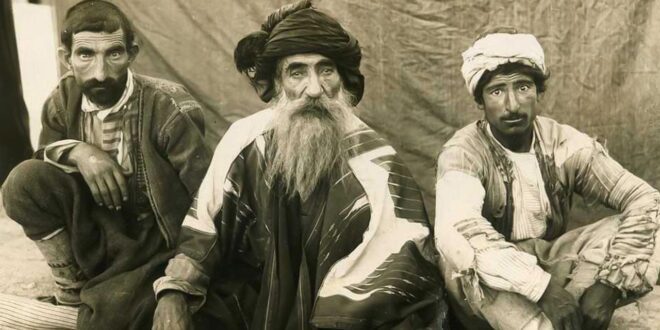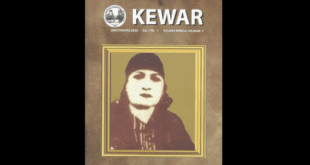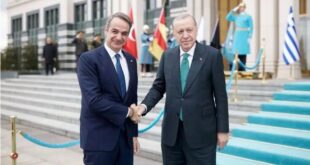Calls for recognition, apology and compensation continue on the 86th anniversary of the execution of Alevi Kurdish political leader Seyid Rıza by the Turkish authorities after he led an uprising in Dersim (now officially Tunceli) that resulted in the deaths of at least 13,000 Kurdish Alevi people and became known as the ‘Dersim Massacre’.
On the 86th anniversary of the execution of Alevi Kurdish community leader Seyid Rıza by the Turkish authorities after leading an uprising in Dersim (now officially Tunceli) that resulted in the deaths of at least 13,000 Kurdish Alevis and became known as the “Dersim Massacre”, the Human Rights Association of Turkey (İHD) has called on the Turkish government, the Grand National Assembly (TBMM) and political parties to address historical injustices.
Despite the passage of 86 years, the association highlighted the lack of transparency regarding Seyid Rıza’s alleged crimes, the unreleased court records labelled as “state secret” and Seyid Rıza’s still undisclosed burial site. The İHD recalled that former Turkish President Recep Tayyip Erdoğan acknowledged the “Dersim Genocide” in 2011 when he was prime minister, but claimed that no concrete steps had been taken.
İHD’s demands include a comprehensive initiative to recognise, apologise and compensate the victims, the disclosure of the burial sites of Seyid Rıza and his comrades, which have been kept secret since the events of 1937 and a formal apology.
Ömer Öcalan echoes Seyid Rıza’s last words in parliament speech
Turkey’s pro-Kurdish opposition People’s Equality and Democracy Party (HEDEP) has also declared its unwavering commitment to continue the struggle until the graves of Seyid Rıza and his comrades are revealed, the massacre is acknowledged and justice is served.
In his parliamentary speech on Tuesday, HEDEP MP Ömer Öcalan recalled Seyid Rıza’s last words before his execution: “We are the sons of Karbala. We are innocent. It is shameful. It is cruel. It is murder!” Asserting that this continuing injustice echoes through time, Öcalan declared: “This murder is still happening and we are here. We will continue this struggle.”
Dersim’s autonomy lost: ‘Tunçeli Pacification Campaign’
Dersim, which had maintained autonomy since the Ottoman era, underwent significant changes due to the emerging nation-state model in the Republic of Turkey, raising concerns about its status. In December 1935, a law was passed officially renaming Dersim as Tunçeli. The local population, predominantly Kurdish and Alevi, interpreted this change of name as a symbolic loss of autonomy and responded with resistance, refusing to pay taxes and comply with military conscription.
In response to the rebellion led by Seyid Rıza, the Turkish government launched the Tunceli pacification campaign on 4 May 1937. Despite military operations, the rebellion continued. In an attempt to quell the unrest, Seyid Rıza was invited to Erzincan for peace talks, but was arrested on his arrival on 13 September 1937.
On the night of 14-15 November 1937, Seyid Rıza and six others were executed in Elazığ for their involvement in the Dersim uprising. In the aftermath, tens of thousands of people were forced to migrate, and over 13,000 deaths were reported. After the executions, military operations and expulsions continued in the region until the late 1940s.
Recognising historical massacres as a path to true Democratisation in Turkey
According to the Kurdistan Communities Union (KCK), the Dersim massacre is an example of the Turkey’s historical enmity towards the Kurds, presenting it as a clear demonstration of brutality.
In its statement released on Wednesday, the KCK vowed that the Kurdish people will never forget the atrocities committed during the Dersim massacre.
The KCK described the massacre as “one of the biggest and most brutal massacres in human history” and accused Turkey of genocidal colonialism.
The statement contextualised the Dersim massacre as part of a wider pattern of Turkey’s policy of genocide against the Kurds. The KCK claimed that the massacres were carried out to force Kurdish assimilation and exile, driven by the Kurdish people’s refusal to give up their identity, language, culture and values.
Foto: The leader of Dersim resistance Seyid Riza and his comrades.
—————–
This news was originally published by Medyanews.
 Infowelat Enformasyon Ji Bo Welat
Infowelat Enformasyon Ji Bo Welat




